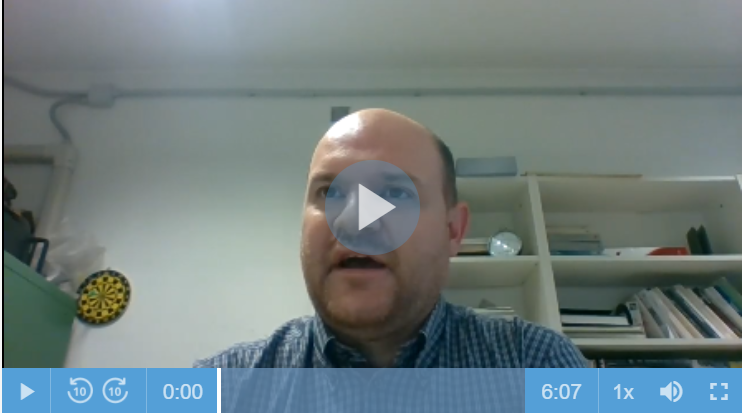Friday Flyer - November 6, 2020

Spotlight on World Wide Data Day
As October and November roll around each year, here at Notre Dame we enjoy the autumn colors, apples from local orchards, and, of course, the ramp-up to World Wide Data Day (W2D2), which will happen this year next Thursday, November 12. W2D2 is a chance for teachers and students to make a simple measurement from ATLAS or CMS, combine their results with those from other classes all around the world, and discuss it all in international videoconferences. Here is how simple the measurement is: students use protractors on event displays to find the angles that muon tracks make with an x-axis in the x-y view. So far, about 50 groups from about 15 countries are registered and getting ready to go.
This just in! The deadline to register for World Wide Data Day has been extended from today to Monday, November 9.
Want to learn more? Check out the W2D2 website. Interested in that measurement? Watch the interview with W2D2 moderator Andrea Gozzelino below.

News from QuarkNet Central
ICYMI: Here is the International Masterclasses Circular from last week. Inside, it describes how masterlcass leaders should fill out the Intent-to-Register before Monday, November 9. We need your input to plan masterclasses in this uncertain academic year.
Another World Wide Data Day Memo is available with information, updates and more. Want to know more? Look above!
QuarkNet Educational Discussions (QED) is an opportunity for QuarkNet teachers and staff to get together virtually a couple of times each month to share ideas, ask questions, and connect with colleagues. The next meeting will take place on Wednesday, November 11, at 7 p.m. U.S. Central Time.

Physics Experiment Roundup
Gravitational waves are again making the news. APPEC explains how LIGO and Virgo have discovered a new mass range for massive black holes and follows up with an interview with Virgo spokesperson Giovanni Losurdo. Meanwhile, APS Physics features the BICEP Array, which searches for gravitational waves in the early universe. We round things out with more from APPEC, this time on the Pierre Auger cosmic ray experiment in Argentina, and from Fermilab News, with reports on progress on the PIP-II accelerator program and the magnetic field mapping system for the Muon g-2 experiment maintained by scientists from Argonne National Lab.
H/T and thanks to Pedro Abreu of LIP, IPPOG, and most recently, the QuarkNet Advisory Board for the APPEC articles!

Resources
Don Lincoln thinks big—way big—in Can we find a theory of everything?, his latest Subatomic Stories video. Staying with big themes, Hans Peter Beck of IPPOG, the University of Bern, and CERN shares the new book which he co-edited, The Economics of Big Science (free to download). And symmetry shares how UC Berkeley graduate student Sal Wanying Fu brings her values to her astronomy work.
Physics Girl explains quarks in protons and neutrons!
Perimeter Institute has an online workshop coming Thursday, November 19. Learn about this and more on the PI resource page.

Just for Fun
In xkcd, we learn that it is not easy being a chemist. (That's another reason to encourage students to study physics!) For more humor, not all of it great, The Guardian shares science jokes and SciTech Connect zooms in on physics jokes.
QuarkNet Staff:
Mark Adams: adams@fnal.gov
Ken Cecire: kcecire@nd.edu
Spencer Pasero: spasero@fnal.gov
Shane Wood: swood5@nd.edu

